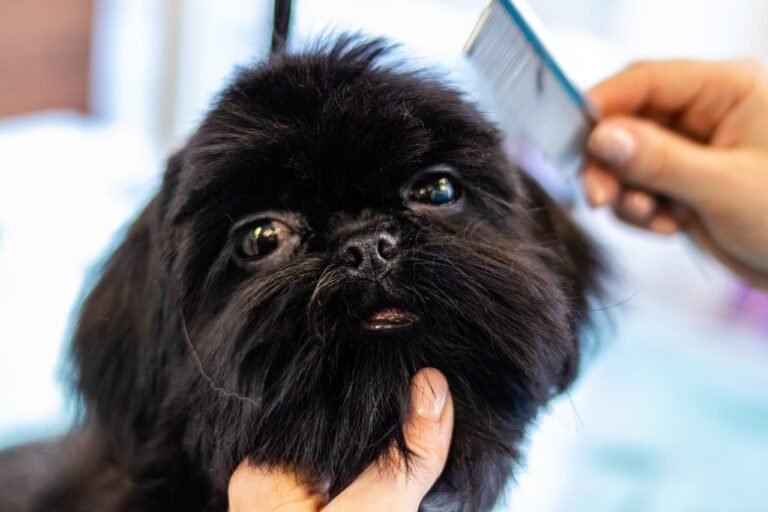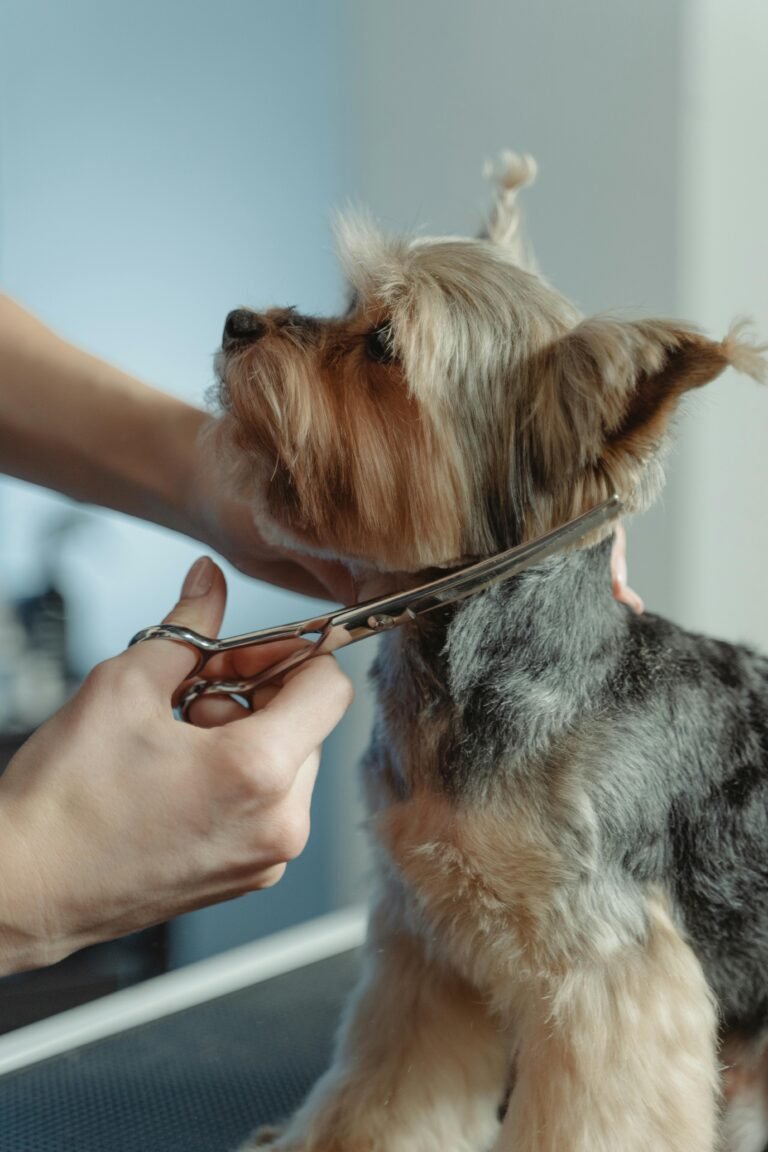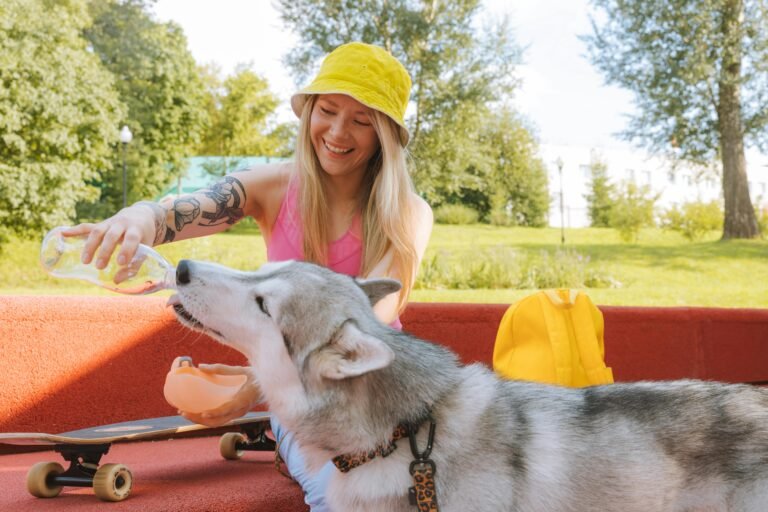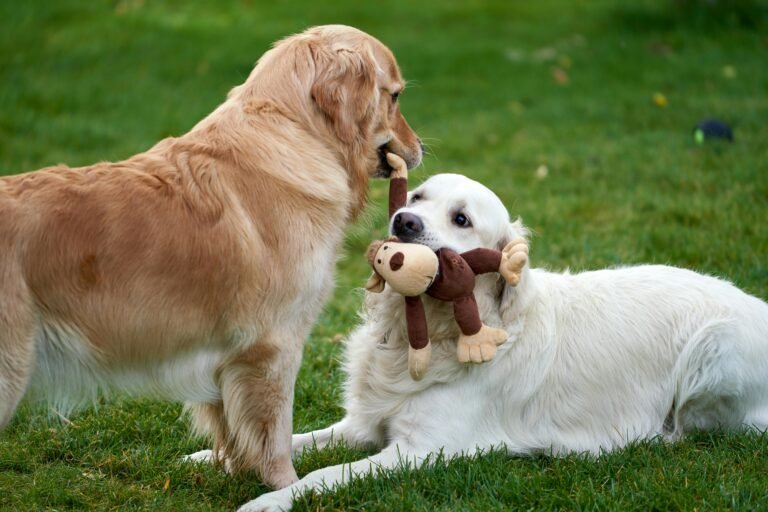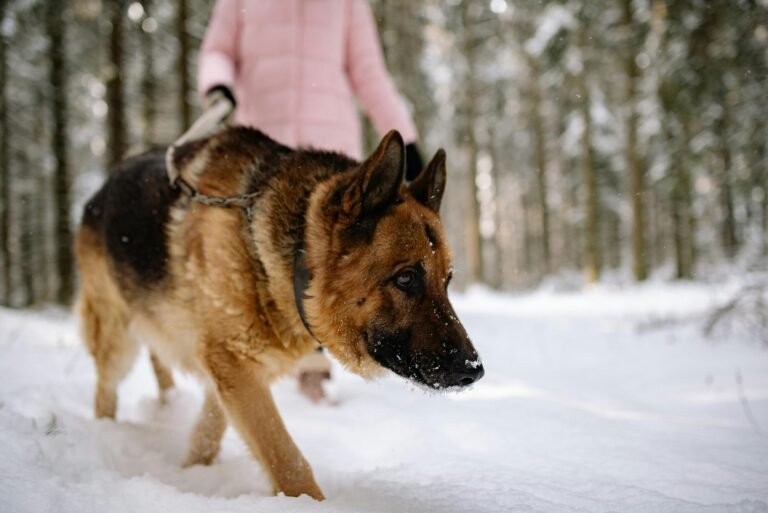Introduction
As our canine companions grow older, their needs change significantly. Senior dogs may slow down physically, develop new health concerns, and require a different approach to nutrition, exercise, and daily care. Recognizing and adapting to these changes is key to ensuring that your aging pup enjoys a comfortable, happy, and fulfilling life in their golden years. This comprehensive guide will explore how to recognize the signs of aging, adjust your dog’s diet and exercise routine, provide appropriate healthcare, and support your senior dog emotionally and physically.
Recognizing the Signs of Aging
Dogs become seniors at different ages depending on their breed and size. Smaller breeds may not reach senior status until they’re around 10–12 years old, while larger breeds could start showing signs as early as 6 or 7. Common signs of aging include graying fur, especially around the muzzle; decreased energy levels; stiffness when getting up or lying down; cloudier eyes; and changes in appetite or weight. Your dog may also start to experience hearing or vision loss, and you might notice behavioral changes like increased restlessness at night or confusion in familiar environments. Understanding these signs allows you to adjust your care routine and address any emerging health issues promptly.
Nutrition and Diet for Senior Dogs
Older dogs often need fewer calories because their metabolism slows down, yet they still require high-quality nutrients to support their aging bodies. Maintaining a balanced diet is essential for managing weight, preserving muscle mass, and supporting organ function. Here are some dietary tips for senior dogs:
- Choose a senior-specific dog food: Many commercial dog foods are formulated specifically for older dogs. These recipes typically contain fewer calories, more fiber to aid digestion, and added supplements like glucosamine for joint health.
- Monitor protein intake: Contrary to popular myth, older dogs still need adequate protein to maintain muscle mass. Select a diet with high-quality proteins but moderate fat content.
- Consider omega-3 fatty acids: Ingredients like fish oil can help reduce inflammation, support cognitive function, and improve coat quality. Supplements containing DHA and EPA are especially beneficial for aging joints and brains.
- Stay on top of dental health: Dental disease can be a serious problem in older dogs. Dry kibble can help reduce plaque buildup, but regular tooth brushing and routine dental cleanings are important as well.
Always consult your veterinarian before making significant dietary changes. They may recommend specific prescription diets if your senior dog has conditions such as kidney disease, diabetes, or heart issues.
Exercise and Mental Stimulation
Exercise remains important for senior dogs, but their routines often need to be modified. The goal is to keep them active enough to maintain mobility, muscle tone, and a healthy weight without causing pain or injury.
- Opt for low-impact activities: Shorter, more frequent walks are often better than long, strenuous hikes. Swimming is an excellent option for many seniors because it provides resistance without putting stress on joints.
- Incorporate gentle play: Tailor play sessions to your dog’s energy level. Soft fetch games, slow-paced tug, or simply letting them sniff around a park can be enjoyable.
- Provide mental stimulation: Senior dogs benefit from brain games just as much as physical exercise. Puzzle toys, scent games (like hiding treats around the house), and teaching new tricks help keep their minds sharp and prevent cognitive decline.
Always watch your dog for signs of fatigue, stiffness, or discomfort. If they seem sore after exercise, consult with your veterinarian and adjust the activity level accordingly.
Health Checkups and Preventive Care
Regular veterinary visits become even more important as your dog ages. Many senior health issues can be managed or mitigated when detected early.
- Schedule bi-annual exams: Twice-a-year checkups allow your vet to monitor changes in weight, mobility, and organ function. They can perform blood work, urine tests, and other diagnostics to catch diseases early.
- Stay up to date on vaccinations and parasite control: Older dogs are still susceptible to diseases like rabies and distemper and can suffer greatly from fleas, ticks, and heartworms. Keeping up with vaccines and preventive medications is essential.
- Monitor dental health: Dental disease can lead to infections and organ problems. Professional cleanings and regular home care help keep your senior dog’s mouth healthy.
- Watch for chronic conditions: Seniors are prone to arthritis, kidney disease, thyroid disorders, and cancer. Pay attention to changes in appetite, water consumption, behavior, or bathroom habits, and report them to your vet.
Your veterinarian can also provide guidance on supplements such as glucosamine, chondroitin, probiotics, and antioxidants that may support your senior dog’s overall well-being.
Comfort and Safety in the Home
Small adjustments at home can make a big difference in your senior dog’s comfort level.
- Provide orthopedic bedding: Memory foam beds support joints and reduce pressure points. Place beds in areas away from drafts and on non-slippery surfaces.
- Use ramps or stairs: These help your dog get on and off the couch, bed, or car without needing to jump. Avoid letting them use steep stairs unsupervised if they have mobility issues.
- Ensure easy access to essentials: Keep food and water bowls at a comfortable height and make sure your dog doesn’t have to climb stairs to reach them. Provide multiple water stations if your home has several floors.
- Maintain a stable environment: Senior dogs can be sensitive to temperature changes. Avoid extremes of heat or cold and provide a quiet space where they can retreat when they need rest.
Keeping your home free of clutter and securing loose rugs can prevent slips and falls. Good lighting helps dogs with vision problems navigate more confidently.
Emotional Support and Bonding
Finally, don’t underestimate the importance of love and companionship. Senior dogs often thrive on routine and gentle affection.
- Be patient and compassionate: Aging dogs may have accidents indoors or become more anxious when left alone. Approach behavior changes with understanding and consult your vet if you think anxiety or cognitive dysfunction is an issue.
- Spend quality time together: Whether it’s grooming, short training sessions, or simply cuddling on the couch, regular one-on-one time strengthens your bond and reassures your dog that they are valued.
- Stay attentive to their cues: Senior dogs can’t always tell us what they need. Watch for subtle signals such as licking, pacing, or pawing that may indicate pain or discomfort, and adjust your care accordingly.
Conclusion
Caring for a senior dog is a rewarding journey that requires mindfulness and adaptation. By recognizing the signs of aging early, providing balanced nutrition, customizing exercise routines, prioritizing preventive health care, and making thoughtful adjustments at home, you can help your aging companion enjoy their later years with grace and dignity. Most importantly, continue to offer the patience, love, and attention that have defined your relationship from the beginning. Your senior dog has given you a lifetime of loyalty; with informed care and compassion, you can return the favor by ensuring they remain comfortable, healthy, and happy throughout their golden years.
